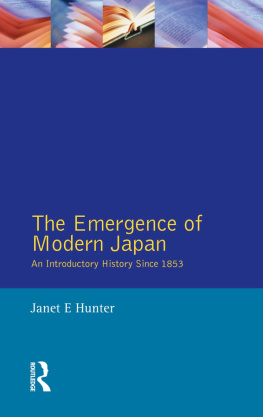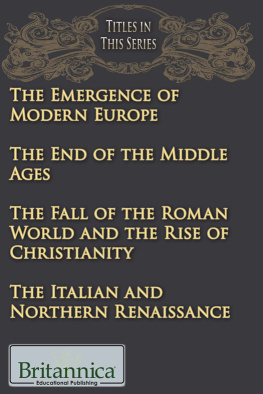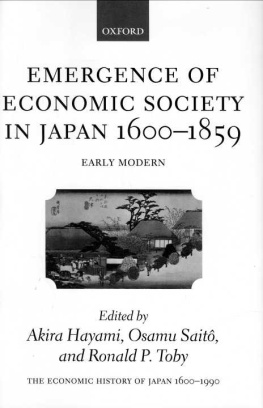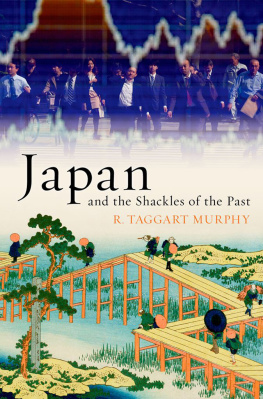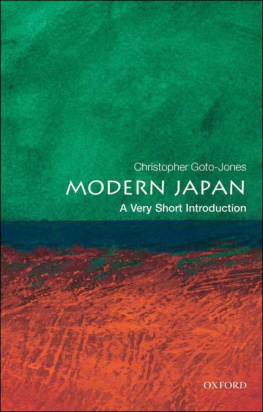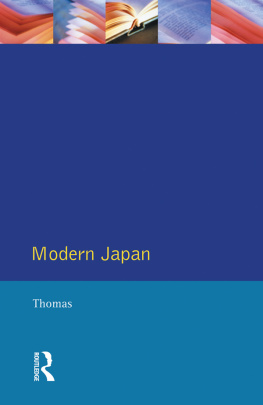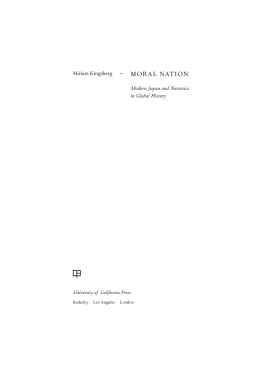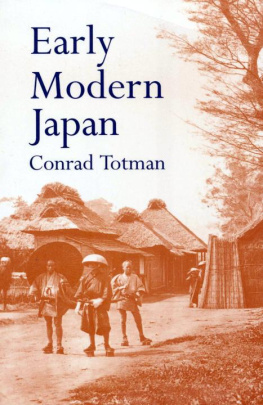First published 1989 by Pearson Education Limited
Eighth impression 1999
Published 2013 by Routledge
2 Park Square, Milton Park, Abingdon, Oxon OX14 4RN
711 Third Avenue, New York, NY 10017, USA
Routledge is an imprint of the Taylor & Francis Group, an informa business
Copyright 1989, Taylor & Francis.
All rights reserved. No part of this book may be reprinted or reproduced or utilised in any form or by any electronic, mechanical, or other means, now known or hereafter invented, including photocopying and recording, or in any information storage or retrieval system, without permission in writing from the publishers.
Notices
Knowledge and best practice in this field are constantly changing. As new research and experience broaden our understanding, changes in research methods, professional practices, or medical treatment may become necessary.
Practitioners and researchers must always rely on their own experience and knowledge in evaluating and using any information, methods, compounds, or experiments described herein. In using such information or methods they should be mindful of their own safety and the safety of others, including parties for whom they have a professional responsibility.
To the fullest extent of the law, neither the Publisher nor the authors, contributors, or editors, assume any liability for any injury and/or damage to persons or property as a matter of products liability, negligence or otherwise, or from any use or operation of any methods, products, instructions, or ideas contained in the material herein.
ISBN 13: 978-0-582-49408-4 (pbk)
British Library Cataloguing in Publication Data
Hunter, Janet
The emergence of modern Japan: an
introductory history since 1853.
1. Japan, 1868
I. Title
952.03
Library of Congress Cataloging-in-Publication Data
Hunter, Janet
The emergence of modern Japan.
Bibliography: p.
Includes index.
1. JapanHistory1868 I. Title.
DS881.9.H.87 1989 952.03 8826634
ISBN 0-582-49407-9
ISBN 0-582-49408-7 (pbk.)
Japanese words are romanized according to the modified Hepburn system, as used in Kenkyshas New Japanese English Dictionary (4th edn., Tokyo, 1974). Long vowels are indicated by the use of macrons (e.g. Saig, Ryky), but these are omitted in the case of a few well-known place names (e.g. Tokyo, Osaka) and words commonly used in English language texts (e.g. daimyo, shogun).
Chinese words are romanized according to the Pinyin system now in standard use, but for a few place names or individuals, especially those connected with Taiwan or Manchuria, the most widely used form has been adhered to (e.g. Manchukuo, Taiwan, Mukden). Japanese names are given in the Japanese order, i.e. family name preceding given name.
Writing a general textbook of this kind is a hazardous exercise. It exposes the limitations of the authors expertise and necessitates the voicing of conclusions unsupported by substantive evidence. I would not have been able to complete the work without the support and help of others. The comments of past and present students, as well as colleagues, have been a major stimulus to my thinking on the history of modern Japan. At LSE the Suntory/Toyota Centre and the Economic History Department have together served as a happy and supportive environment. I would like in particular to thank the following, who read parts of the manuscript: Helen Ballhatchet, Raj Brown, Malcolm Falkus, Rachel Hall, Stephen Hickey, Jay Kleinberg and Michio Morishima. I hope they will feel their advice has not been given in vain. I am, of course, responsible for any errors, as well as the views expressed. Etty Curley has been a patient and indefatigable typist, and Longman have been supportive and encouraging, even when the end product might not have been what was anticipated. To them, and to my long-suffering family, my thanks are due.
Janet E. Hunter
London School of Economics
July 1988
Japan is of the utmost importance in the contemporary world, yet in Britain the study of Japan is even now regarded as exotic, and too often has little or no place in the knowledge of most students. This preserves the notion that Japan is somehow unique, and so different from other countries that it can be safely ignored by students of mainstream history or other social sciences. Many introductory works on its history tend perhaps inadvertently to reinforce this attitude. A chronological approach entirely appropriate for conveying the broad panoramic sweep of a countrys history and showing the degree to which historical events are governed by a complex convergence of political, social, economic and other forces, is also an all or nothing presentation which can be particularly discouraging for non-specialists.
This book, by contrast, adopts a thematic treatment. It is premised on a belief that such an approach may make it easier for the individual, non-specialist reader to follow through the development of issues in which he or she is particularly interested. To that extent, this book is conceived almost as a collection of essays, but one which, it is hoped, comes together to form a coherent whole. Some duplication between chapters is inevitable, since history cannot be compartmentalized in the neat way such an approach might suggest, but what is important here is for each chapter to be able to stand as an independent entity. The thematic approach is in addition based on a belief that it is only possible to gain a clearer understanding of the development of modern Japan, and its position in the world, by being aware of cultural and institutional continuities, most of which the Japanese themselves take for granted. Such continuities are often obscured in a chronological approach.

